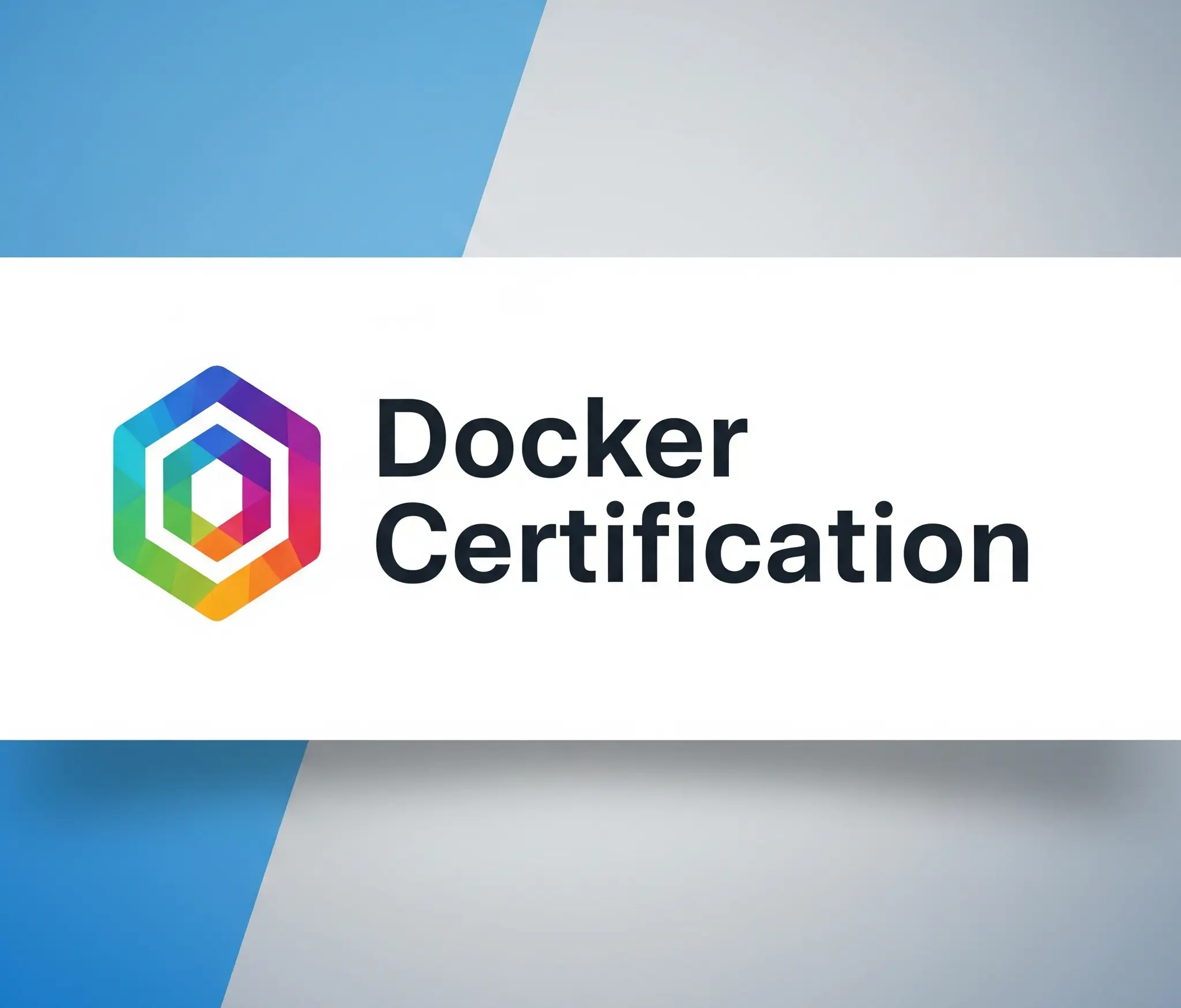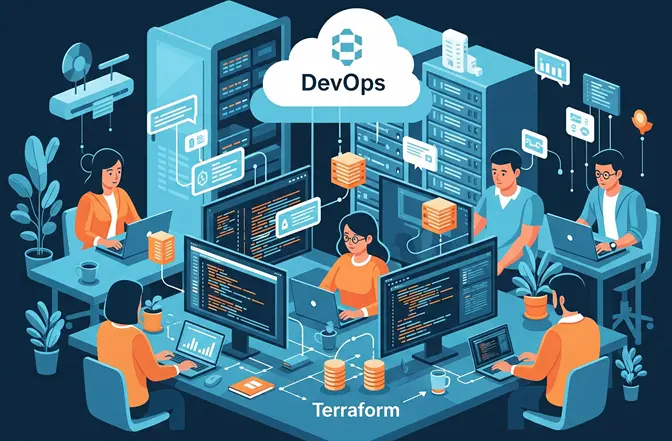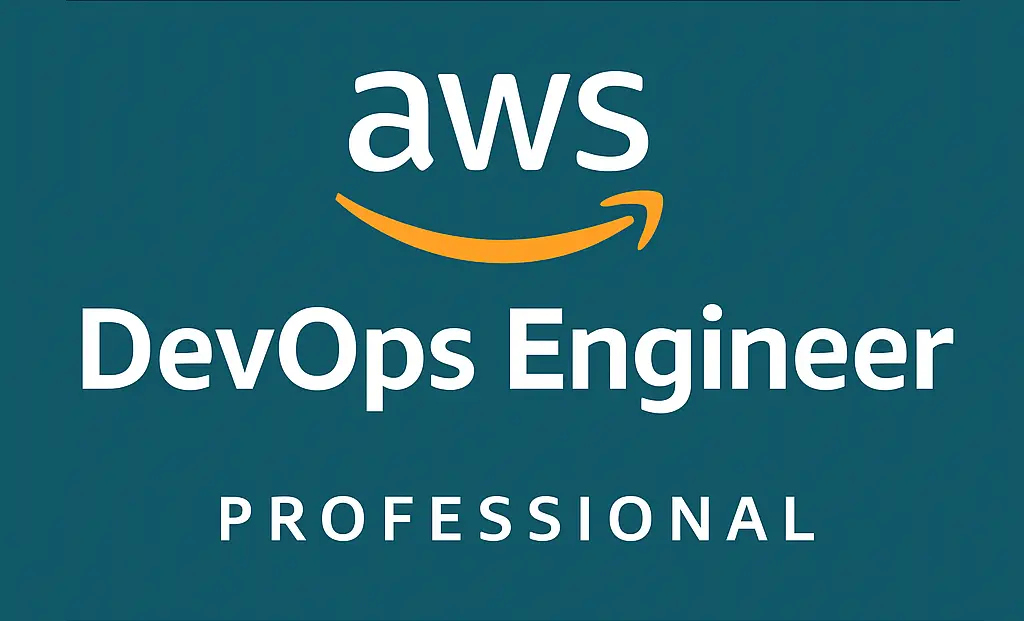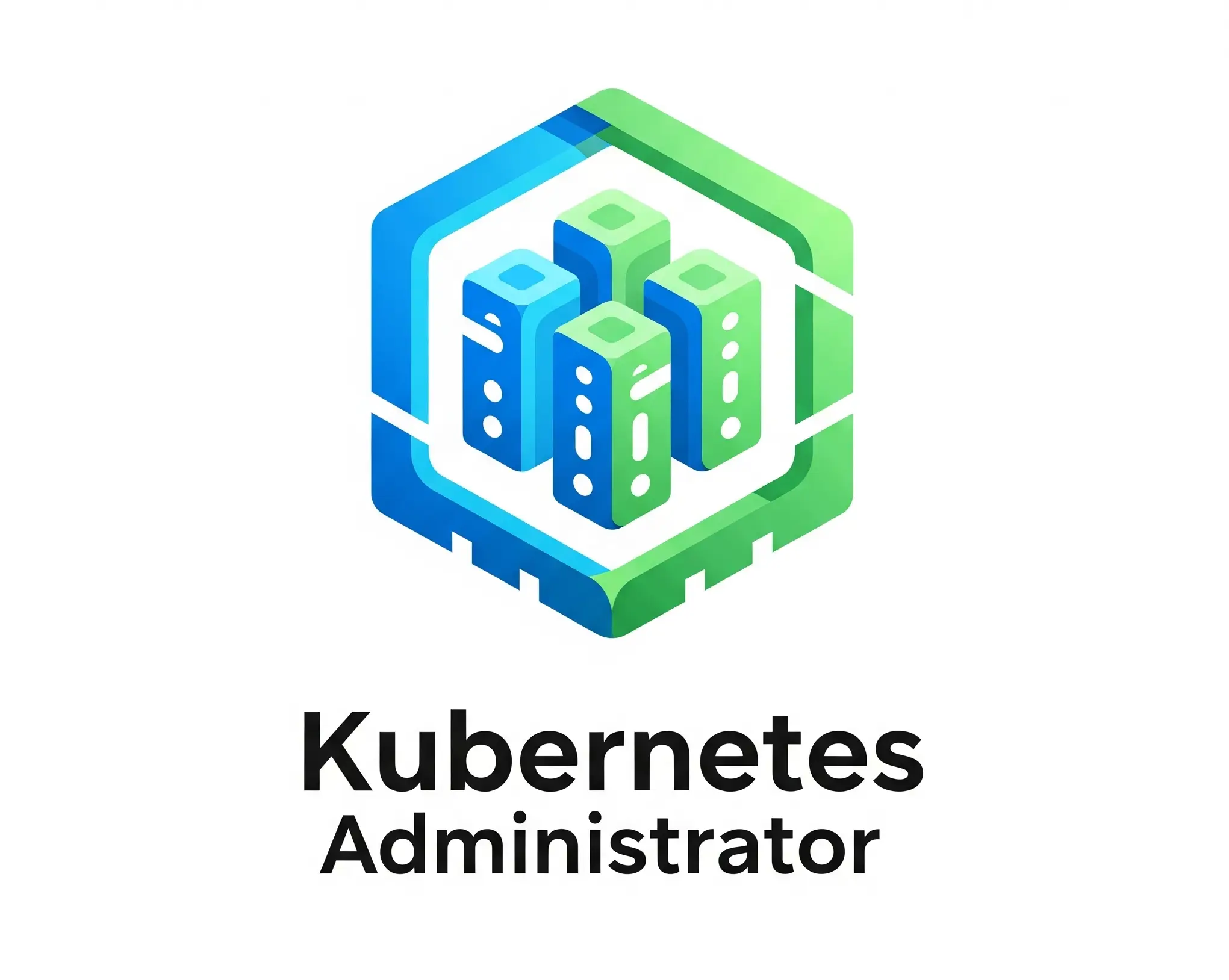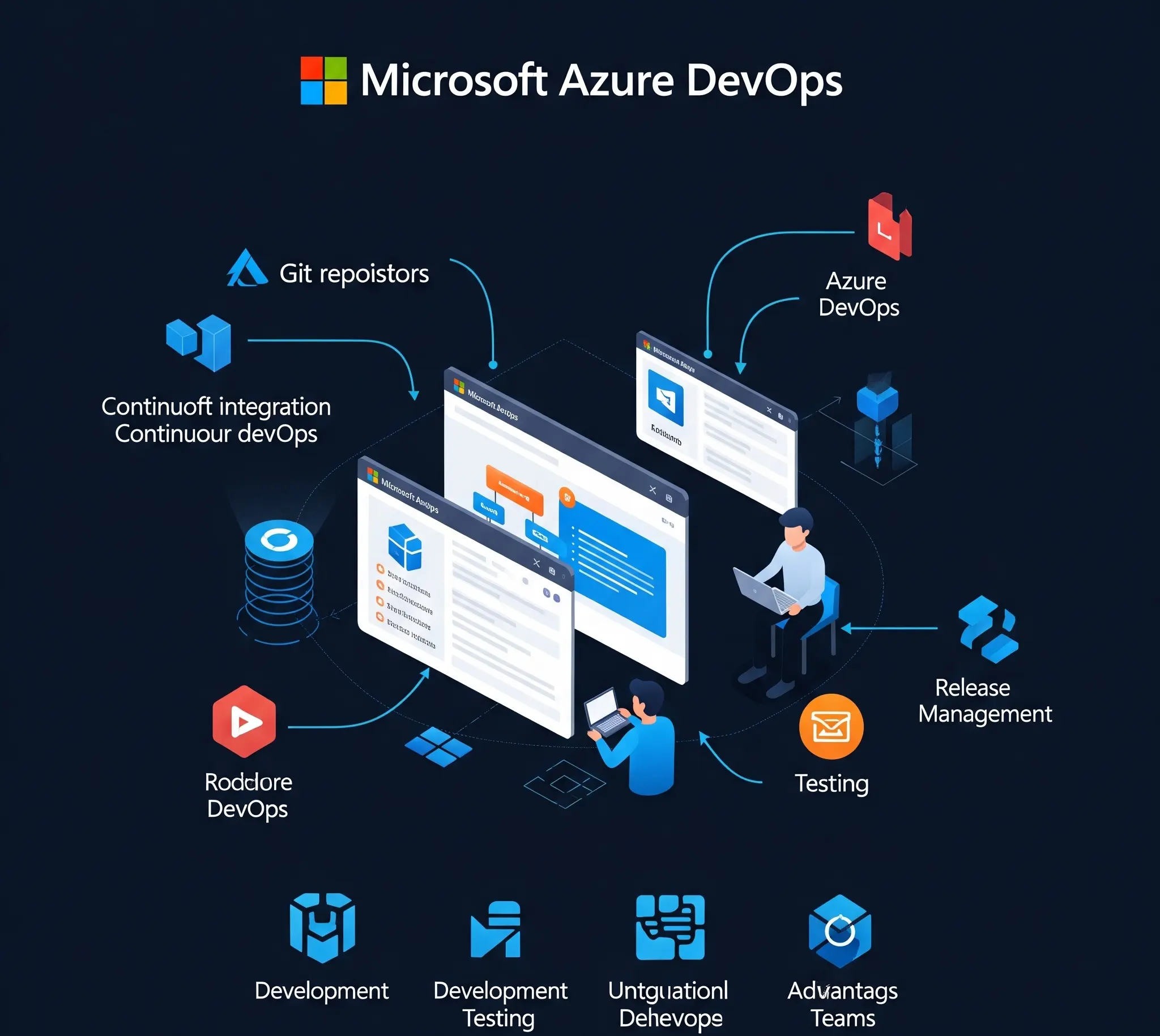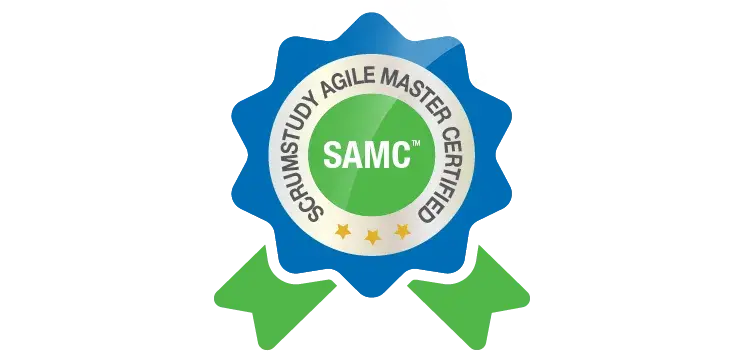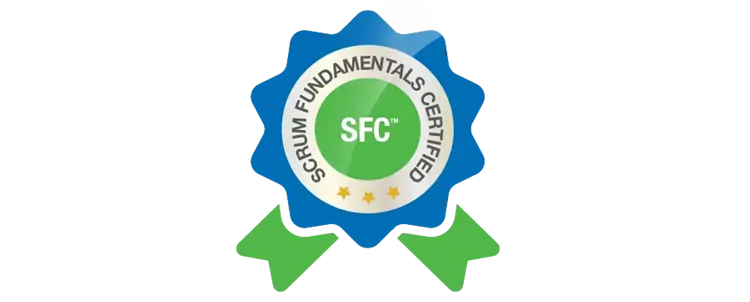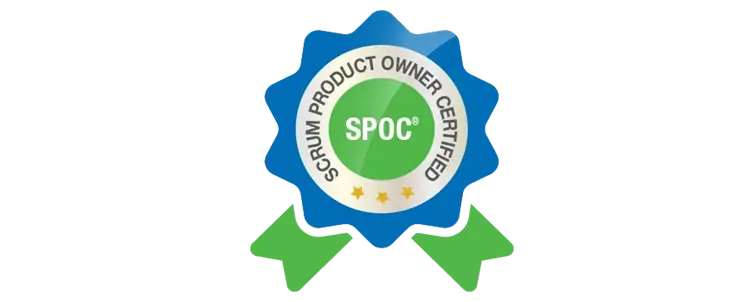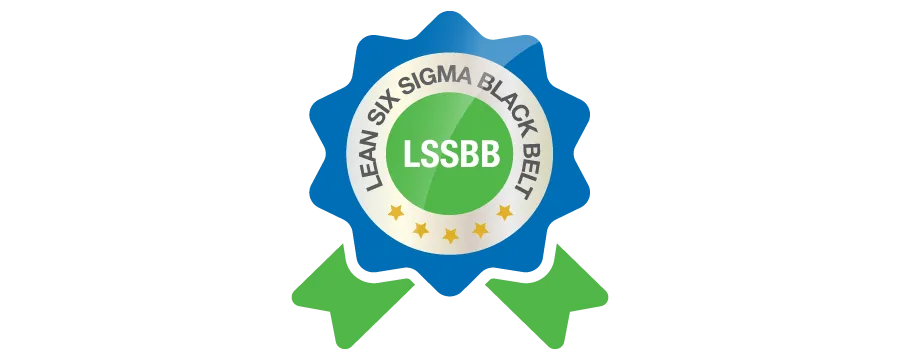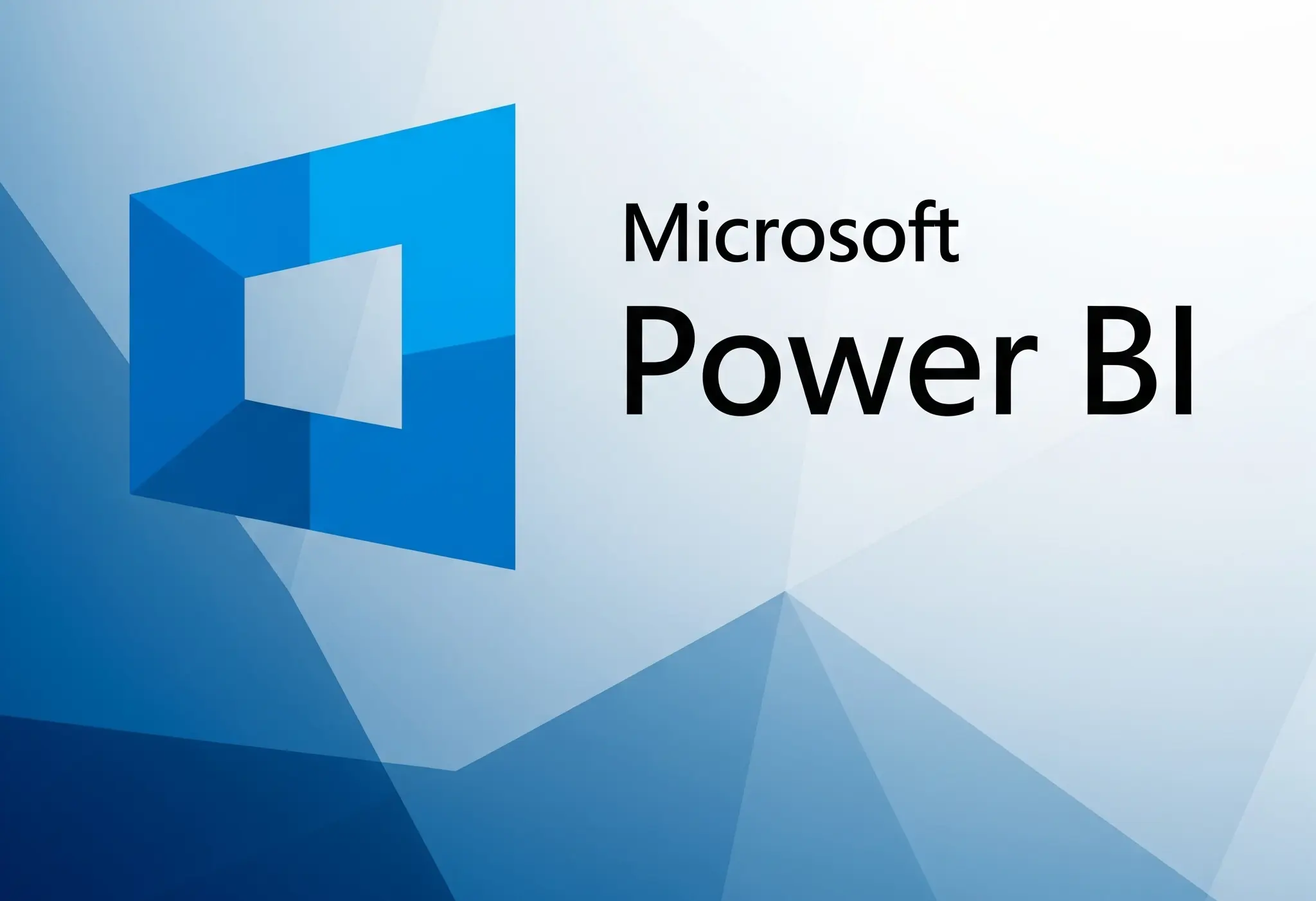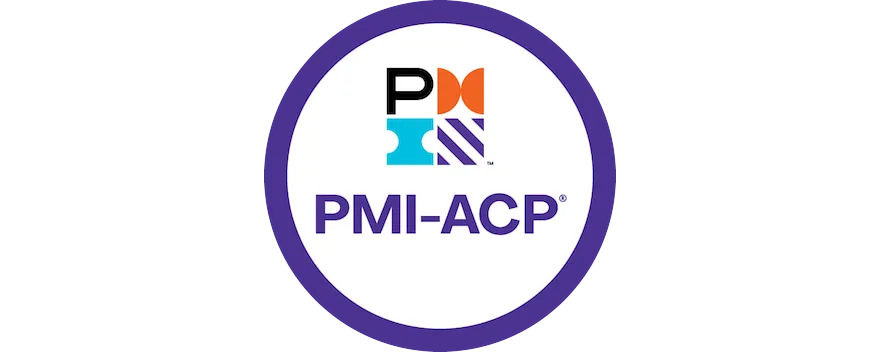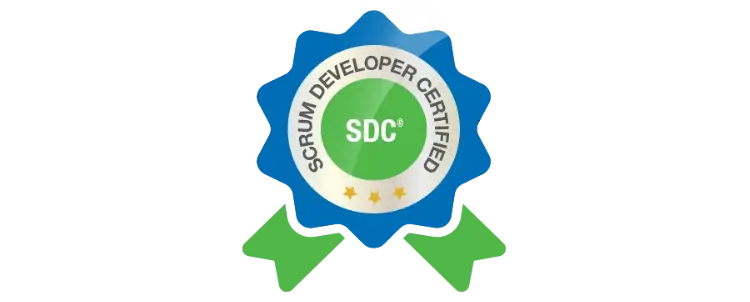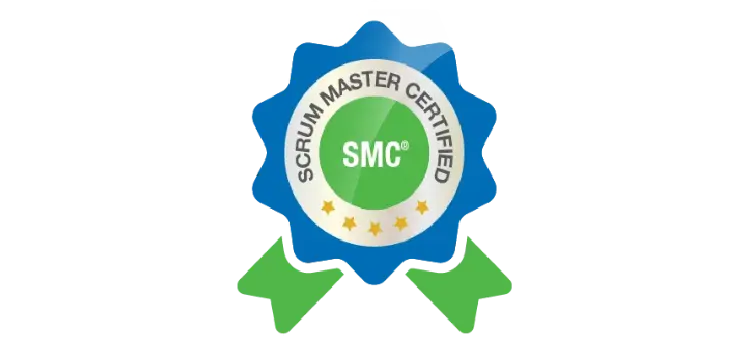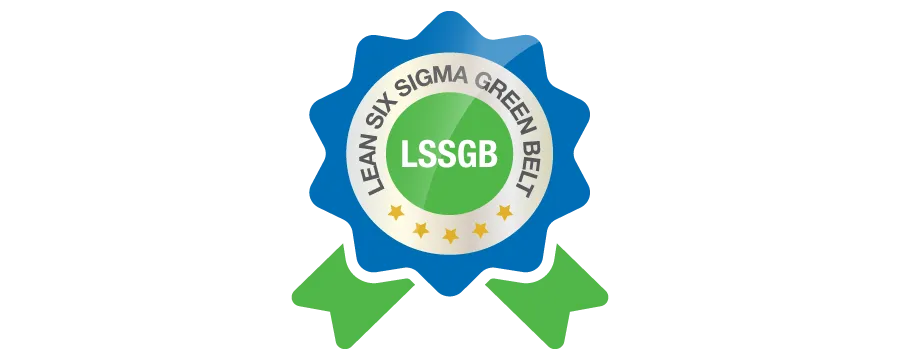- Anytime, Anywhere: Learn whenever it is convenient to you
- Learn through high quality presentations, quizzes, recordings of live classes; installation guide available in LMS
- Course content created using real life case studies and live project
- Prepares you for the Docker Certified Associate (DCA) certification exam
- Lifetime access to online Learning Management System (LMS)
- 24x7 customer support through email
🔥 CYBER MONDAY SALE! Use Promo Code CYBERM55 and get 55% OFF. Ends in :
ALL COURSES
CATEGORIES
Scrum Fundamentals Certified (SFC) | SCRUMstudyScrum Developer Certified (SDC) | SCRUMstudyScrum Master Certified (SMC) | SCRUMstudySCRUMstudy Agile Master Certified (SAMC)Scrum Product Owner Certified (SPOC) | SCRUMstudyScaled Scrum Master Certified (SSMC) | SCRUMstudyScaled Scrum Product Owner Certified (SSPOC) | SCRUMstudyExpert Scrum Master Certified (ESMC) | SCRUMstudyScrum for Operations & DevOps Fundamentals (SODFC) | SCRUMstudyScrum for Operations & DevOps Experts (SODEC) | SCRUMstudySCRUMstudy Recertification
Certified ScrumMaster (CSM) | Scrum Alliance®Advanced Certified ScrumMaster (A-CSM) | Scrum Alliance®Certified Scrum Product Owner (CSPO) | Scrum Alliance®Advanced Certified Scrum Product Owner (A-CSPO) | Scrum Alliance®PMI-ACP® Certification
Certified ScrumMaster (CSM) | Scrum Alliance®Advanced Certified ScrumMaster (A-CSM) | Scrum Alliance®Certified Scrum Product Owner (CSPO) | Scrum Alliance®Advanced Certified Scrum Product Owner (A-CSPO) | Scrum Alliance®PMI-ACP® Certification
Six Sigma Green Belt (SSGB)Lean Six Sigma Green Belt (LSSGB)Six Sigma Black Belt (SSBB)Lean Six Sigma Black Belt (LSSBB)
6sigmastudy Recertification
6sigmastudy Recertification
Big Data HadoopHadoop AdministrationApache Spark and ScalaApache CassandraMongoDB®ELK StackTalend for Data Integration and Big DataApache Kafka
Data Science Using RData Analytics with RMicrosoft Power BI with Gen AITableauPython for Data SciencePython ProgrammingPython Spark using PySparkMachine Learning using PythonQlikViewInformatica
AWS ArchitectAWS DevelopmentAWS SysOps AdministratorGoogle Cloud PlatformMicrosoft Azure AdministratorMicrosoft Azure ArchitectMicrosoft Azure Developer AssociateMicrosoft Azure DevOpsSalesforce Administrator and App BuilderSalesforce Platform Developer 1 Certification
Agentic AI CertificationAdvanced Artificial IntelligenceGraphical ModelsMachine Learning OperationsMachine Learning with MahoutPrompt Engineering Certification Training with LLMReinforcement LearningDeep Learning with TensorFlow 2.0Natural Language Processing with Python
